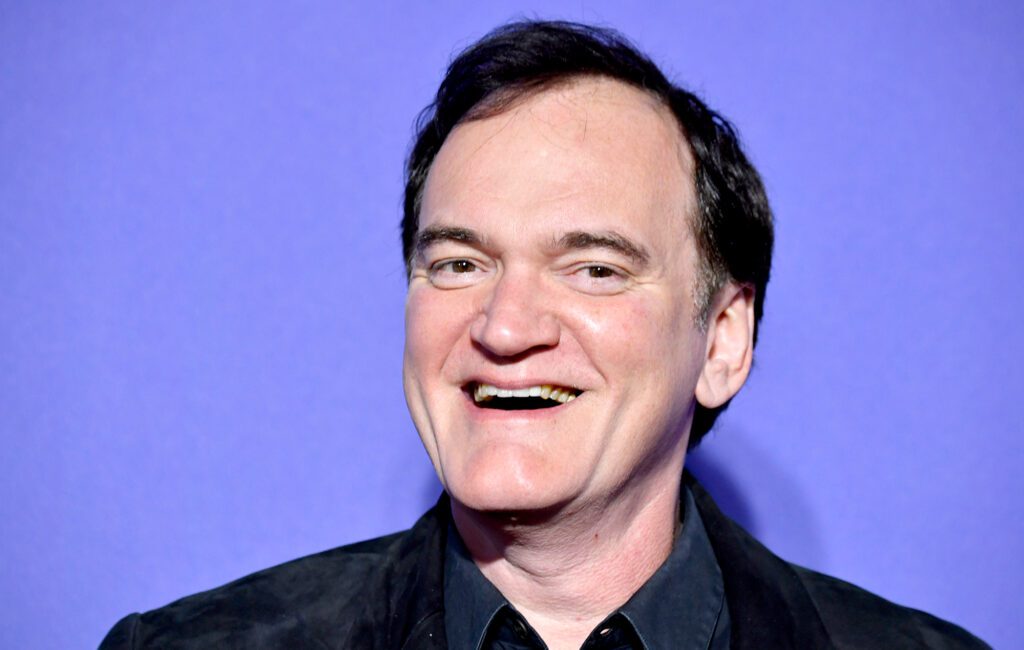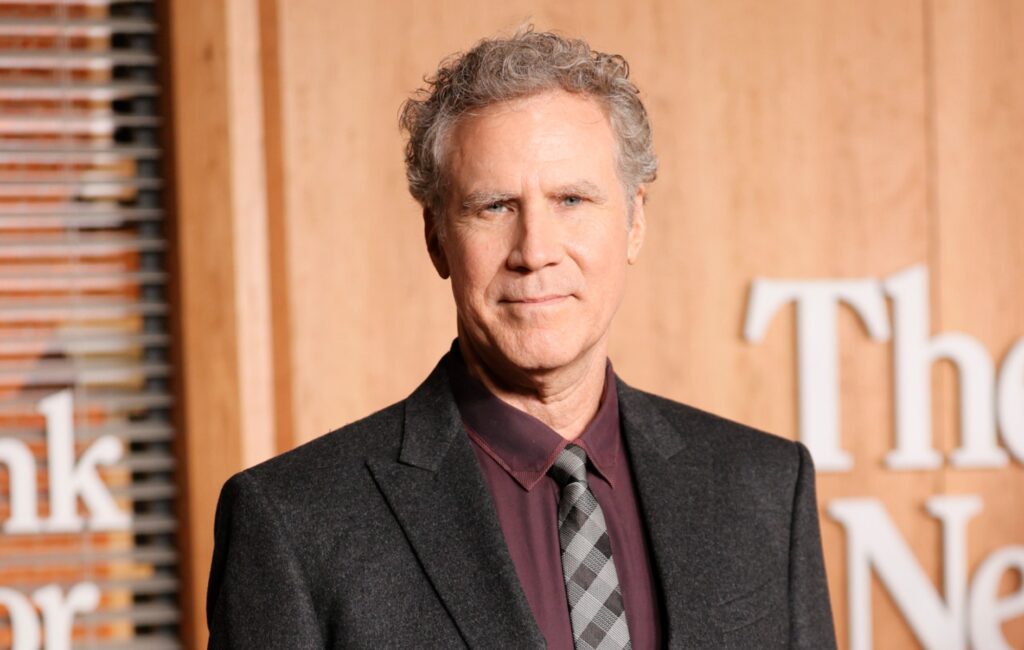COVID passes and mandatory face mask rules to end in England
 Posted On
Posted On
Boris Johnson has announced that England’s Plan B measures are to end, with mandatory face coverings in public places and Covid passes both dropped.
- READ MORE: “We wanted togetherness and community”: how gigs came back with a bang in 2021″
The measures were introduced in December to combat the spread of the Omicron variant of coronavirus, but were expected to end later this month.
As it stands, face masks are required in cinemas and theatres, and people need to show proof they’re fully vaccinated or provide a negative test when visiting clubs, indoor unseated venues with more than 500 people, unseated outdoor venues with more than 4,000 people and any event with more than 10,000 people.
Those restrictions are all set to end on January 26, with Health Secretary Sajid Javid saying “we must learn to live with Covid in the same way we live with flu”.
Today marks the start of the next chapter in our fight against Covid-19.
The data shows Omicron is in retreat, but it’s not the end of the road.
The best step we can all take is to get vaccinated and I want to thank the staff, volunteers and everyone who’s come forward so far. pic.twitter.com/2zDV3j7hj6
— Sajid Javid (@sajidjavid) January 19, 2022
Venues will still be able to use the NHS Covid pass if they wished and wearing face masks is still advised in enclosed or crowded spaces and when meeting strangers.
However, face masks will still be mandatory on all Transport For London services, as Mayor Sadiq Khan said: “Sadly this is not the end of our fight against the virus. If we have learnt anything from this pandemic, it is that we must not get complacent and undo all our hard work and sacrifices.”
If we've learnt anything from this pandemic, it's that we must not get complacent and undo all our hard work and sacrifices.
Face masks will remain a condition of carriage on @TfL services. #WearAMask ?https://t.co/Pbz3h94SEG
— Sadiq Khan (@SadiqKhan) January 19, 2022
In Scotland, nightclubs can reopen from Monday (January 24) but Nicola Sturgeon has urged the public to remain “cautious” about socialising in larger groups, while government guidance remains to work from home wherever possible and use face coverings, with vaccine passports still in place for large-scale events.
In Wales, a government spokesperson said: “Key protections will remain in place. This includes self-isolation rules for all those who test positive for Covid, face-covering rules for most public indoor places and the use of the Covid pass to enter certain events and venues.” Ireland is also looking at removing hospitality restrictions as soon as safely possible.
Michael Kill, chief executive of the Night Time Industries Association has welcomed the removal of the restrictions in England, but warned that more support will be needed. The industry had been “placed in an extremely fragile state” but was “finally able to plan for the future with some level of certainty and without debilitating restrictions,” he said.
“Experts believe it will take several years for the hospitality and nighttime economy sectors to recover, but it is important that the Government don’t simply assume the sector will be fine because restrictions have been eased,” he added.
The introduction of Plan B measures, alongside the rapid spread of Omicron, had a devastating impact on the music industry.
Following the implementation of Plan B restrictions, the Music Venue Trust found a “catastrophic” drop in attendance, advance ticket sales and spend per head in grassroots music venues, meaning that the entire sector was once again “at risk of permanent closure” without “immediate” government support. When that support did come, UK music venues criticised it as “pointless” and “bonkers”.
In a report by the UK Treasury and the Cabinet Office’s COVID-19 Taskforce it was suggested that COVID passports only reduce overall community transmission by just one to five per cent.


